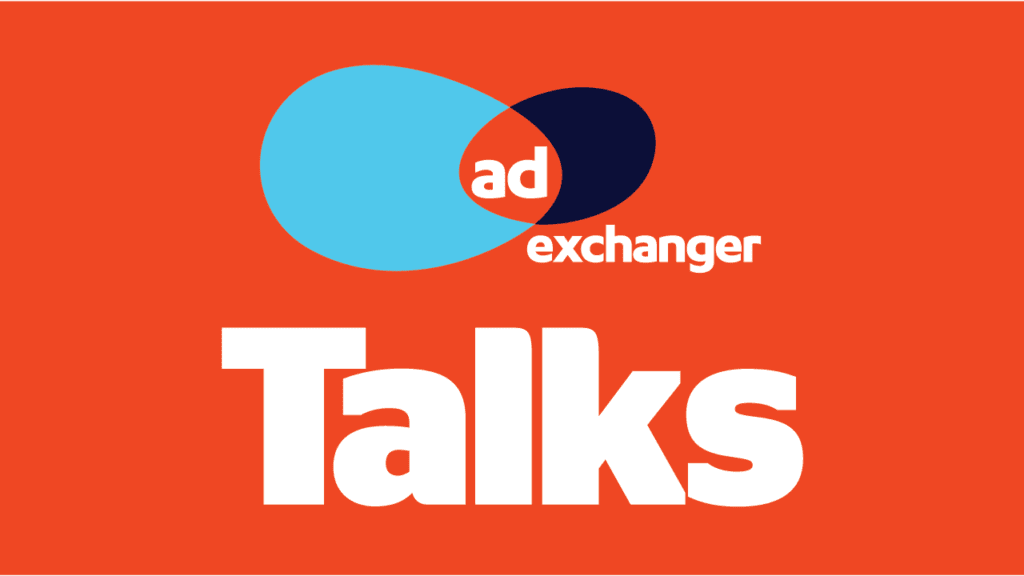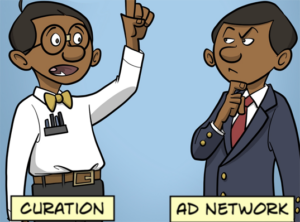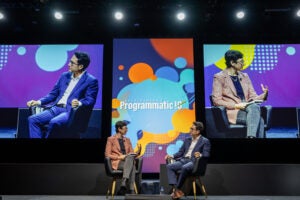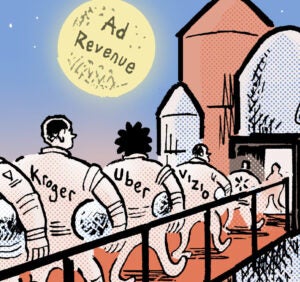Subscribe to AdExchanger Talks on iTunes, Google Play, Spotify, Stitcher, SoundCloud or wherever you listen to podcasts.
This week on AdExchanger Talks, Smaato CEO Arndt Groth discusses the changing rules of in-app advertising. The company – with offices in New York, Hamburg, Berlin, Singapore and Shanghai – has Chinese backers and a monetization deal with TikTok parent ByteDance, so Groth knows how mobile programmatic works in different regions.
Chinese walled gardens have even more power than Western digital platforms, Groth says.
“Baidu, Alibaba, Tencent and ByteDance – every one of these single huge players, they have their own ecosystem,” he says. “There is a DSP, there is an SSP. It is very isolated.”
While that may sound similar to the West, it’s not.
“The difference is there is still a frenemy approach here in the Western world,” according to Groth. “You buy and sell inventory, you share data in the programmatic world with the big players in the Western world. This is not possible in China. They have a closed shop, walled-garden approach, and that makes it difficult for other companies to work together with them.”
From a Europe and US perspective, Groth shares some early lessons learned from GDPR.
He recalls that when the IAB came out with its guidance after a long delay, it only covered desktop and mobile web. There was no solution for in-app. So Smaato developed its own wrapper to deploy the mobile web transparency and consent framework.
The delay resulted in lost consent from app users, and a resulting revenue hit for many apps. Since then the number of consenting users has risen to about 80% of the previous install base.
All in all, Groth sees GDPR as a net positive for the industry, granting credibility.
“I think we will never see 100% of users of an app give consent, but 80% is a pretty good number that we can work off of,” he says.
But he is still annoyed by the flawed legislative process that preceded GDPR implementation.
“You have hundreds of pages of documentation but there is absolutely no guidance for how to deploy,” he says. “You would expect the lawmaker, Brussels, to give you more guidance on such a critical step. That has put pressure on many US companies, and several have backed out of the market because they were just too scared of getting fined.”

















